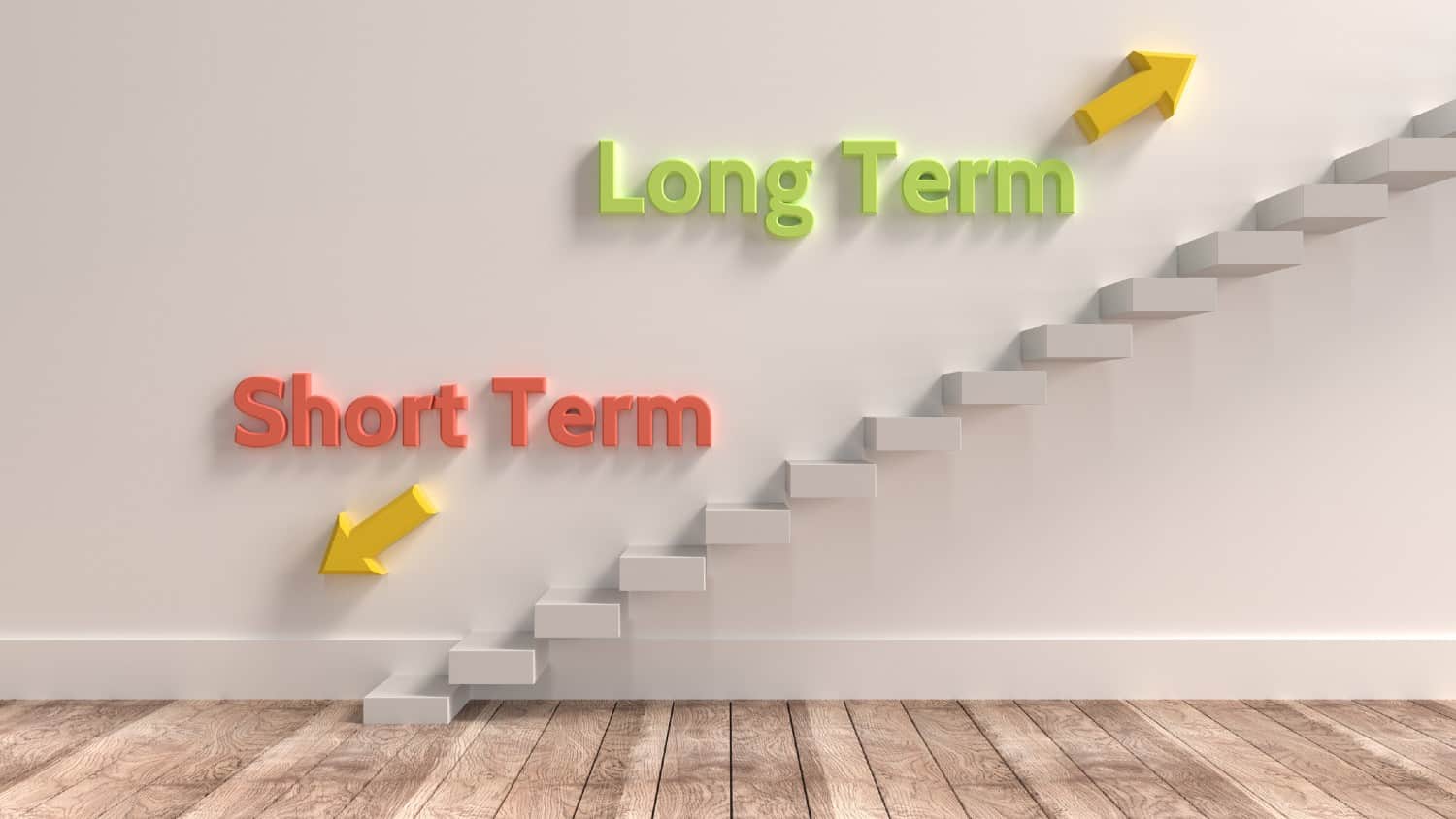FTSE 250 global investment firm abrdn (LSE: ABDN) has had a terrible 12 months.
It was demoted from the FTSE 100 at the end of August 2023. This happened because the shares had fallen 15% in the year to that point, reducing its market capitalisation by 25%.
The relegation automatically triggered a wave of fresh selling from funds unable to hold non-FTSE 100 stocks.
Should you invest £1,000 in Abrdn right now?
When investing expert Mark Rogers has a stock tip, it can pay to listen. After all, the flagship Motley Fool Share Advisor newsletter he has run for nearly a decade has provided thousands of paying members with top stock recommendations from the UK and US markets. And right now, Mark thinks there are 6 standout stocks that investors should consider buying. Want to see if Abrdn made the list?
And in a 24 January trading update, it said it is cutting 500 jobs to help reduce costs by £150m.
However, although I rarely buy stocks outside the FTSE 100 either, several things appeal to me about abrdn right now.
Serious ex-appeal
One of them is that this is not the first time abrdn has been relegated from the FTSE 100 to the FTSE 250. It happened a year before as well.
In the run-up to its previous demotion, its shares tumbled. They then crashed when the relegation announcement was made official in August 2022.
The company then cut some costs as it is doing now and added different revenue streams.
It was then promoted back to the FTSE 100 just four months later, and its shares spiked back up again.
Why might it be promoted again?
The current round of cost-cutting is deep and looks long overdue. According to the company, it will remove layers of management — always a good thing in my view.
It will also outsource more technology, which should not just reduce costs but increase operational efficiency, I think.
With overheads reduced, the company should be able to pump more money into its latest revenue generators.
Its 2022 acquisition of interactive investor was the key driver for abrdn’s 4% rise in operating revenue in H1 2023, for example.
The purchase of Tekla Capital Management’s healthcare funds also looks promising. US healthcare expenditure per capita has grown at a compound annual rate of 6% since the 1980s.
Consensus analyst expectations are now for abrdn’s earnings to rise by 89% a year until the end of 2026.
One risk in the stock is that this business reorganisation might fail. Another is that it might not be able to attract new net inflows into its funds.
Doubly undervalued against its peers
The automatic devaluation of abrdn after the FTSE 100 demotion, has left its shares undervalued on two key measures.
On a price-to-book ratio (P/B) basis, it trades at just 0.5 – the lowest in its peer group, the average P/B of which is 2.9.
The peer group comprises Caledonia Investments (at 0.6), Bridgepoint Group (2.7), St. James’s Place (2.8), and Hargreaves Lansdown (5.3).
On a price-to-sales ratio (P/S) basis, abrdn trades at 1.9 against a peer group average of 5.8. St. James’s Place is at 0.3, Hargreaves Lansdown at 5.1, Bridgepoint Group at 6.7, and Caledonia Investments at 10.9.
Therefore, on both measurements, abrdn is very undervalued relative to its peers.
I already hold several stocks in the financial sector, so buying more would unbalance my portfolio.
If I did not, I would probably buy abrdn now both for its growth potential and for its undervalued shares.
At least as appealing as these is its big yield – currently just over 9%. This is one of the very highest in either the FTSE 250 or FTSE 100.








